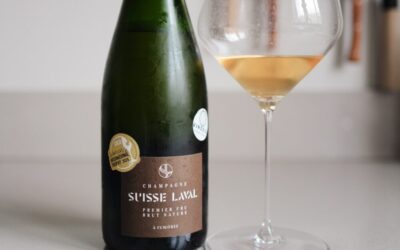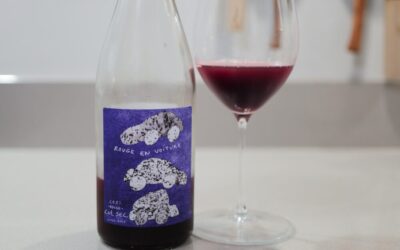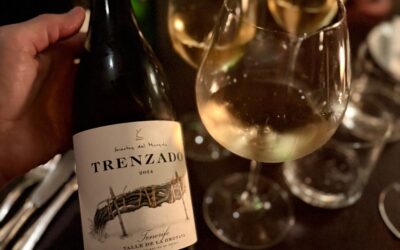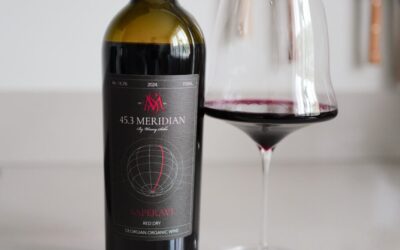In business, arriving late usually means playing catch-up. But what if you’re building a wine industry in the 21st century, long after everyone else? Belgium and the Netherlands are proving that starting from scratch might be the ultimate advantage—especially for sustainability.
The Pioneer Advantage
Don’t let “pioneer” fool you. Belgium produces 3.5 million liters annually, making it one of the largest cool climate producers. Yet researcher Vicky Corbeels calls the sector “still embryonic.” That’s the point.
While Bordeaux estates date back centuries, Belgian and Dutch producers are building infrastructure now—in an era where sustainability isn’t optional, it’s foundational. Last year’s Low Countries Wine Festival attracted 400 consumers, proving demand exists. The question isn’t whether this industry grows, but how differently it grows.
Two-thirds of Belgian vineyards still plant traditional varieties, but that’s changing rapidly. Producers see the writing on the wall: modern varieties designed for cool climates offer a path that doesn’t require fighting the environment.
The Maturity Gap as Opportunity
Corbeels’ research reveals a significant “maturity gap” between traditional regions and cool climate areas in sustainability development. Traditional regions have decades of established practices—but many now need expensive retrofitting for modern environmental standards.
Cool climate regions skip that costly step entirely. No century-old cellar needs upgrading, no grandfather’s vineyard with wrong varieties, no legacy equipment that’s “good enough.” They’re building from a blank slate, and that slate can be filled with best practices from day one.
Investment costs remain enormous regardless—establishing vineyards and wineries requires substantial capital. However, building correctly from the start costs less than building conventionally, then retrofitting later. This isn’t environmental idealism; it’s practical economics. Studies consistently show delayed sustainability investments only get more expensive.
Learning from Others’ Mistakes
Here’s where timing matters. Traditional wine regions suffer from climate change now, while cool climate areas actually benefit from gradual warming—more consistent ripening, fewer failed vintages. This buys northern producers time to observe what works in the south.
Corbeels discovered that some bio-certified producers use highly polluting frost protection, burning materials in vineyards. Cool climate producers can see this mistake and choose different approaches from the start. They can observe which sustainability programs transfer across climates and which don’t.
The key: copying blindly fails, but strategic learning works. Why repeat Bordeaux’s trial-and-error when you can study their results and adapt what’s relevant? However, learning requires research funding—where traditional regions have advantages through EU influence. Cool climate regions work harder for funding despite trying to avoid expensive mistakes.
The Consortium Approach
Belgian universities are forming a consortium with the Netherlands, Denmark, and Estonia, pursuing EU agro-ecology funding. This collaboration reveals interesting diversity within “cool climate.” Denmark has areas where figs and olives grow; Estonia faces different challenges above the 56th parallel.
For the complete discussion of this research and business opportunities in sustainable cool climate wine, watch Vicky Corbeels’ interview on the VinoVonk Sparks podcast:
The Strategic Position
The pioneer phase isn’t a weakness—it’s strategic positioning. Cool climate regions are building an industry with sustainability as core infrastructure, not an expensive retrofit. They’re learning from the mistakes of traditional areas while benefiting from gradual warming. They’re collaborating across borders instead of just competing.
Consumer interest is proven. Production is substantial and growing. The economic logic is sound: build right the first time. For producers, investors, and consumers, the opportunity is clear: support an emerging wine industry getting it right from day one.






